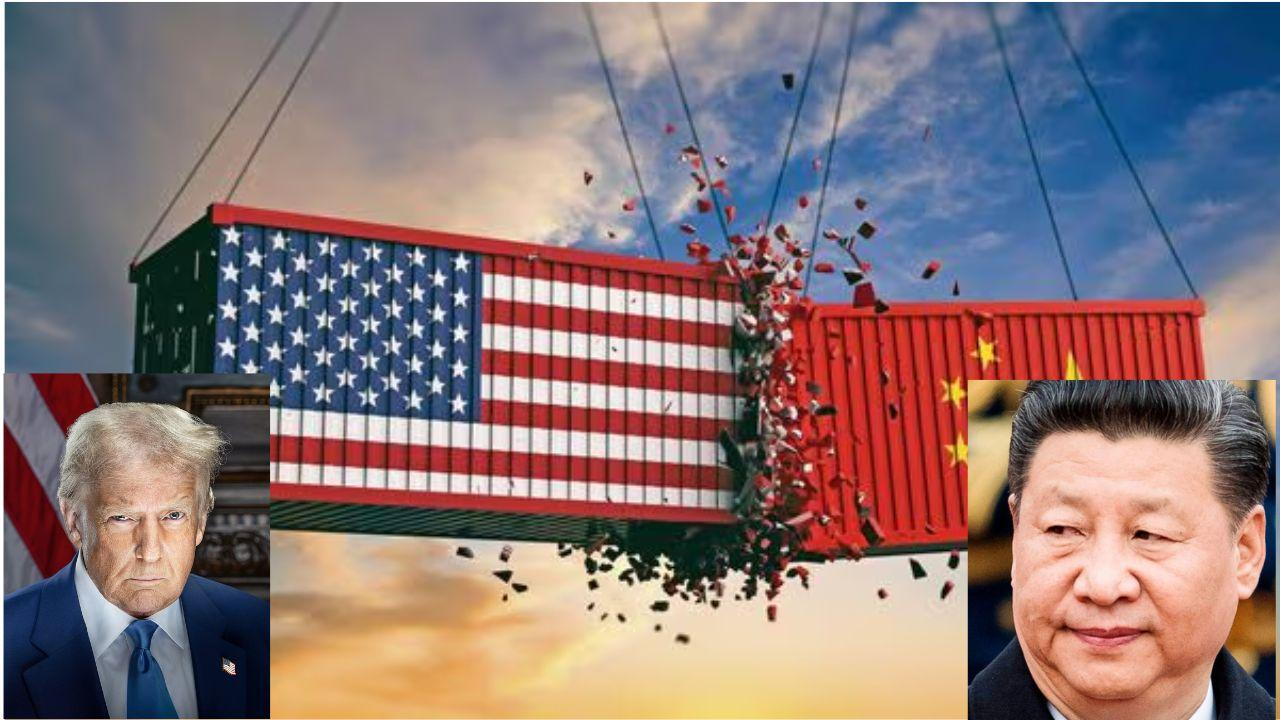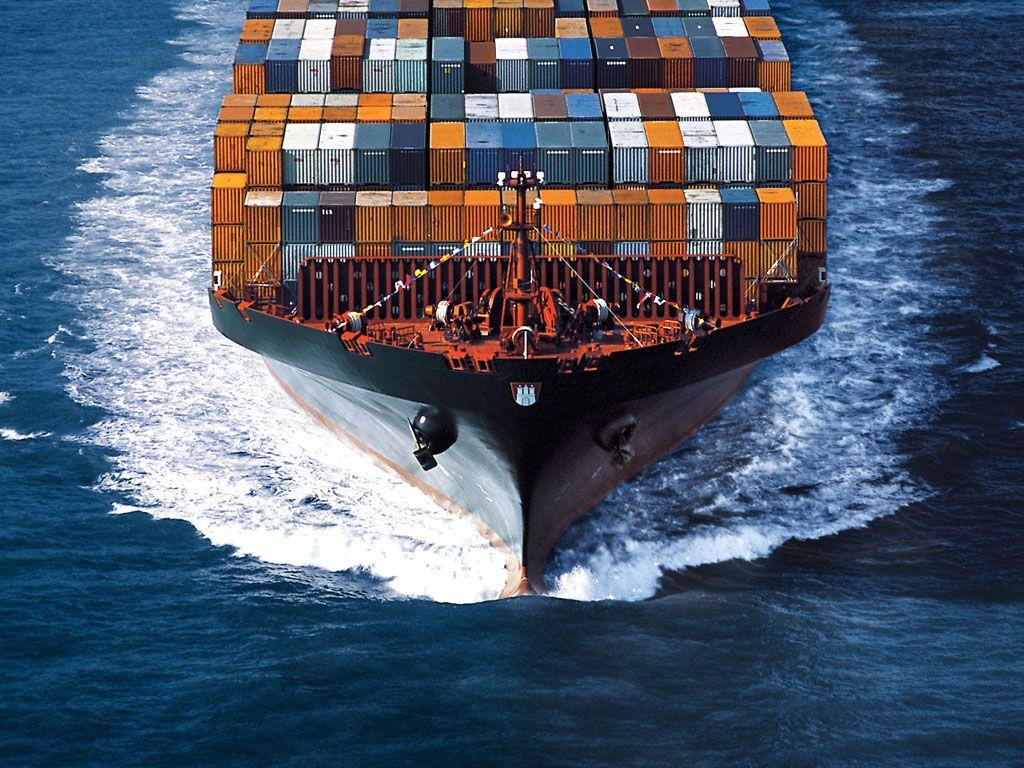Hong Kong, April 21, 2025 – The international freight forwarding industry is reeling from new U.S. customs regulations tied to President Donald Trump’s trade war tariffs, with DHL Express announcing a temporary suspension of business-to-consumer (B2C) shipments valued over $800 to the United States. The move, effective April 21, 2025, comes as a surge in formal customs procedures overwhelms logistics operations, causing multi-day delays for high-value parcels.
The new U.S. rules, which lower the threshold for simplified customs clearance from $2,500 to $800, require formal entry processes for all shipments above this value. This shift has created a bottleneck for freight forwarders like DHL, which handles millions of cross-border shipments annually. “The changes have led to a significant increase in formal customs clearances, which we are managing around the clock,” DHL stated in a customer notice. While business-to-business (B2B) shipments remain operational, they too may face delays, impacting supply chains for industries ranging from electronics to retail.
For the freight forwarding sector, which facilitates global trade through ports like Hong Kong and Shanghai, the regulatory overhaul poses both logistical and financial challenges. Smaller forwarders, in particular, may struggle with the increased paperwork and compliance costs. “This is a nightmare for mid-sized firms handling time-sensitive cargo like perishables or machinery parts,” said logistics analyst Emily Wong. “The added red tape could push some companies to reroute shipments through alternative hubs like Singapore, increasing costs.”
The U.S. is set to tighten restrictions further on May 2, 2025, by eliminating the “de minimis” exemption that allows parcels under $800 from China and Hong Kong to enter duty-free. This change targets e-commerce giants like Shein and Temu, which rely on low-cost shipping to deliver affordable goods to U.S. consumers. Both companies have warned of price hikes due to the new trade rules, with Shein noting that “global trade policy changes will impact our cost structure.” The White House claims the measures address deceptive shipping practices, alleging that some Chinese shippers conceal illicit substances, including fentanyl, in low-value parcels.
Beijing has pushed back, arguing that fentanyl is a “U.S. problem” and highlighting China’s stringent drug policies. The Chinese Foreign Ministry urged dialogue to resolve trade tensions, warning that escalating tariffs could harm global supply chains. Meanwhile, Hong Kong Post has suspended sea mail shipments to the U.S. and will halt air mail parcels from April 27, 2025, citing “unreasonable” U.S. policies. These disruptions could further strain freight forwarding routes, particularly for e-commerce and time-critical shipments.
For freight forwarders, the suspension of high-value B2C shipments by DHL underscores the broader impact of trade wars on logistics. Companies like Basenton International Logistics are exploring workarounds, such as consolidating shipments into B2B bulk orders to bypass restrictions. However, such measures may increase lead times and costs for clients. “We’re advising customers to plan for delays and consider alternative markets like the Middle East or Southeast Asia for urgent shipments,” said a spokesperson for a Hong Kong-based forwarder.
As the U.S.-China trade conflict intensifies, the freight forwarding industry faces a precarious balancing act. With global trade routes already strained by geopolitical tensions, forwarders must adapt to evolving regulations while maintaining service reliability. DHL has pledged to scale up its customs operations and keep clients informed, but the road ahead remains uncertain for an industry caught in the crossfire of tariff policies.
Published by welltrans-logistics on April 21, 2025



